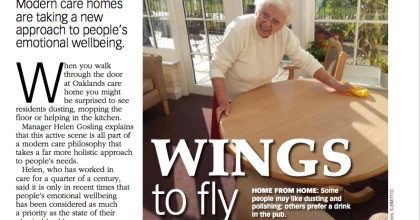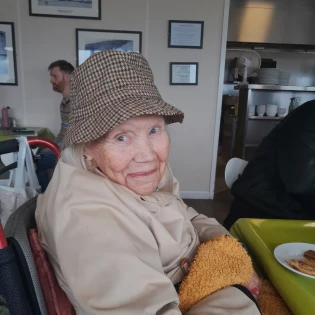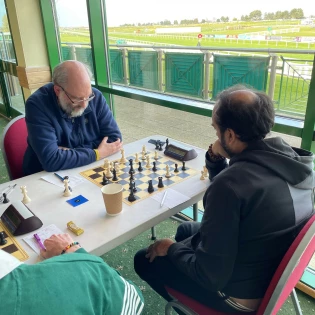Modern care homes are taking a new approach to people’s emotional wellbeing


When you walk through the door at Oaklands care home you might be surprised to see residents dusting, mopping the floor or helping in the kitchen. Manager Helen Gosling explains that this active scene is all part of a modern care philosophy that takes a far more holistic approach to people’s needs. Helen, who has worked in care for a quarter of a century, said it is only in recent times that people’s emotional wellbeing has been considered as much a priority as the state of their physical health. She is proud to have taken a lead in developing Kingsley Healthcare’s own person-centred care programme called WINGS. “The culture change started about four years ago and now Kingsley is leading the way in innovation in the health and social care sector,” said Helen, who managed Kingsley’s home at Brooke, near Norwich before moving to Oaklands in the village of Scole near Diss.
“It is about staff having awareness of people’s likes and dislikes and their family history; and it is about us all giving a bit of ourselves to help meet people’s emotional care needs.” WINGS was specifically developed to support the growing number of people with dementia, whose behaviour can be affected by emotional memories going right back to their childhood. Helen said: “We are now caring for people with a lot more complex needs and we are seeing younger people, even in their early 50s, with dementia.” She said the importance of understanding a person’s life story was illustrated by one former resident at Brooke House who had owned a caravan site. “He felt a need to go to work all the time and felt very agitated because of it,” she said. “So his family brought in paperwork for him to engage with, gave him work overalls to wear, and they even stationed a caravan that he could see from his bedroom. “It all gave him a sense of purpose and he became a lot more settled.”
Activities co-ordinator Tania Amies added that a female resident at Oaklands who showed dogs at Crufts in her younger days now loves to engage with the dogs who regularly visit the home – including her own. “If you have always had involvement with animals you will miss that bond you get simply from touching them,” she said. A former gamekeeper living at Oaklands, always used to an outdoors life, had become agitated when he was stuck indoors. “We helped him to reduce this agitation by walking around the grounds with him to check the fence is intact in the way he would have done in his job,” said Tania. These cases all illustrated the new philosophy that you do not need to stop what you love doing when you come into care. Helen said: “One of our ladies goes out to visit her friend. Why should her friend always have to come here? “Other residents like going out to the pub for lunch, shopping in Morrisons, or simply helping out in the home whether it is dusting and polishing or peeling vegetables and baking cakes.”
She emphasised the important role families played in helping staff understand residents’ care needs. Summing up the revolution in care, Helen said: “We have moved away from clinical care homes. This is their home from home with a family friendly environment.”
Source: Let's Talk Magazine
Author: Stephen Pullinger









